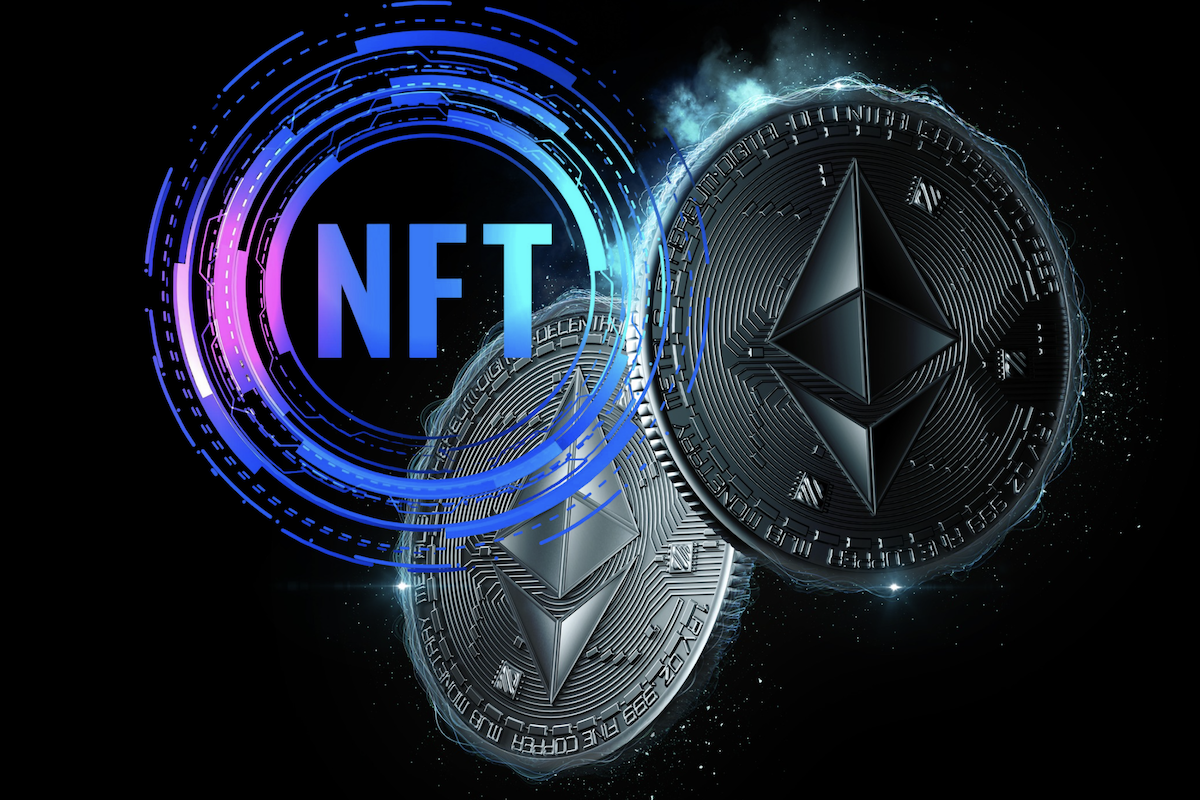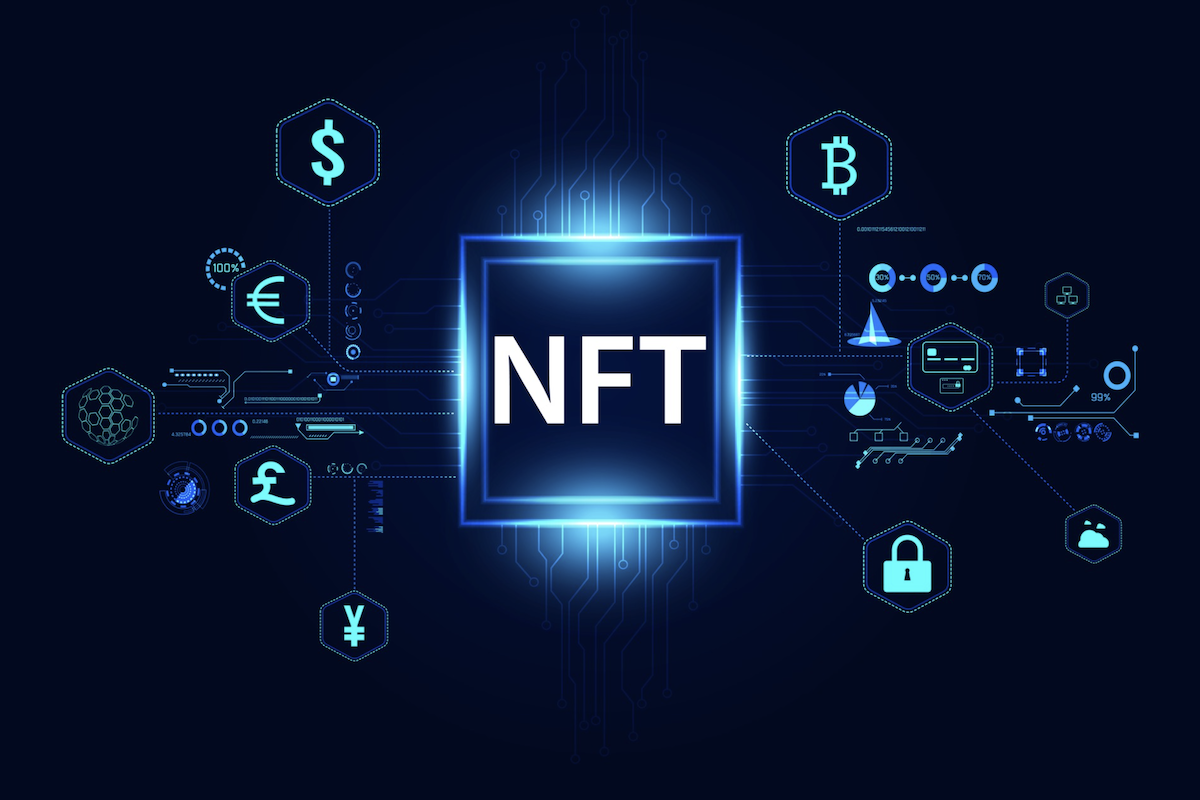"Bottle Shock" Returns: This Time, It's Animated and Blockchain-funded
Exploring an innovative blend of blockchain and film, the creators of 'Bottle Shock' are testing a new crowdfunding NFT model for their animated adaptation.

The filmmakers behind the indie hit "Bottle Shock," a film that premiered at Sundance and boasted a star-studded cast including Alan Rickman, Chris Pine, and Bill Pullman, are venturing into new territory.
They are testing a blockchain-based platform called Funded.app to facilitate public investment in an ambitious new project—an animated version of "Bottle Shock," intending to use the original soundtrack. Luke Dugdale, CEO of Funded.app, elaborated on the platform's capabilities: "Funded.app uses blockchain tech to allow people to buy a part of it and track its success using blockchain technology."
 Source Bottle Shock
Source Bottle ShockNavigating the Stigma Around NFTs
As with any technological innovation, there are hurdles to overcome. Currently, the "receipt of ownership" in Funded.app is represented as an NFT. Despite blockchain technology's secure and transparent nature, the term "NFT" has been met with skepticism. "Unfortunately, it's all about re-educating people. The blockchain is sound, the technology is safe and secure, the tracking mechanism is robust and very traceable," said Steve 'Mac' McKeon, CEO of MacNerd.
The original film was a financial success, generating $4.7 million in the U.S. domestic box office and earning millions more through home video and streaming services like Netflix and Amazon Prime. Additionally, it was one of the most lucrative indie films on airlines, making $2.5 million from in-flight screenings alone.
A New Spin on "Bottle Shock" and the Future of Crowdfunding
The filmmakers plan to re-create "Bottle Shock" as a hand-drawn animated film, with a production cost estimated at $1.5 million. Most of the budget will be allocated to animation costs and actors' reuse fees.
"The fame and recognition of the original make this test-run of fractional ownership much more attainable, we know that the project has interest, now it is simply down to explaining the tech behind it," added Bottle Shock's producer Jody Savin.
Moreover, in addition to exploring blockchain funding, the team is also securing traditional means of financing. The hope is that if this method proves successful, it could pave the way for other independent filmmakers.
"Crowdfunding is not unique, crowd-owning is," says Bottle Shock's producer Randall Miller. "We may not be successful this time, but I'm sure that others behind us will be. We want to be the bellwethers of change."
Conclusion
In summary, the initiative by the creators of "Bottle Shock" could signal a new phase in film financing, merging technology with public participation. While challenges are tied to public perception and understanding of blockchain and NFTs, the experiment could pave the way for a more inclusive and transparent film funding model.





